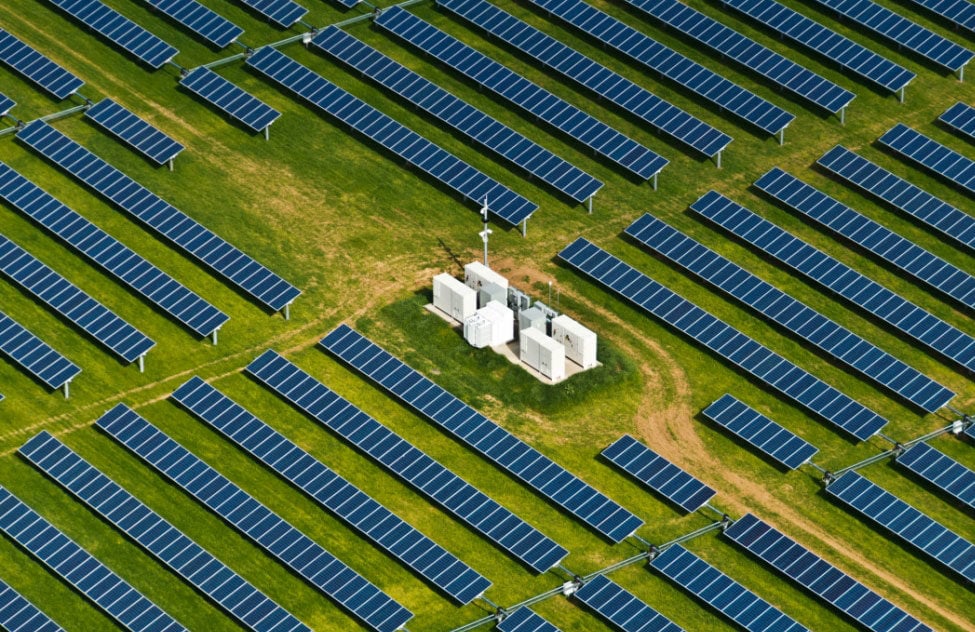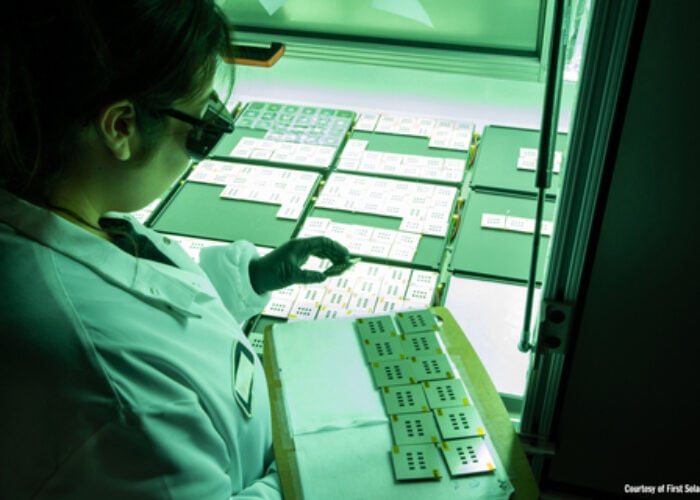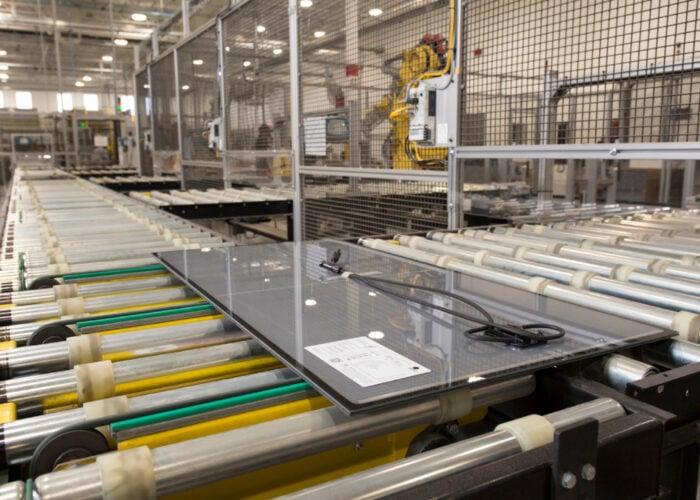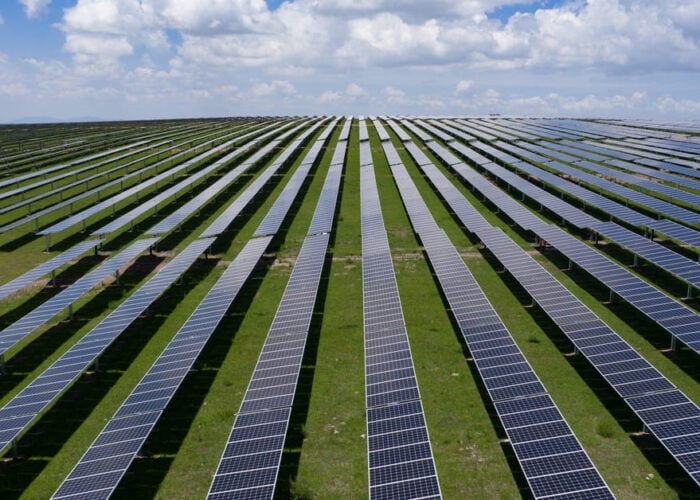
US solar developer Recurrent Energy, a subsidiary of Canadian Solar, has closed financing for its upcoming 134MW Liberty solar project in the US state of Texas.
Dutch bank Rabobank, German investor Nord LB and US Bank will provide construction debt, a letter of credit facility and a term facility with a total value of US$120 million. A US Bank subsidiary, US Bancorp Impact Finance, will provide US$80 million of tax equity, bringing the total investment secured in this funding round to US$200 million.
Try Premium for just $1
- Full premium access for the first month at only $1
- Converts to an annual rate after 30 days unless cancelled
- Cancel anytime during the trial period
Premium Benefits
- Expert industry analysis and interviews
- Digital access to PV Tech Power journal
- Exclusive event discounts
Or get the full Premium subscription right away
Or continue reading this article for free
Recurrent first received planning permission for the project from the Texas government in 2022, and construction work is currently ongoing. The company signed a virtual power purchase agreement with a number of local companies, including EMD Electronics and Biogen, in May this year, and expects to begin commercial operations at the project in 2024.
“Liberty Solar is the second project financing that Recurrent Energy has closed in North America this summer, indicating execution on our strategy to retain greater ownership of projects in select markets,” said Recurrent CEO Ismael Guerrero. “Moreover, Liberty Solar is a strong project in the Midcontinent Independent System Operator (MISO), a growing market for solar energy.”
The project’s work with MISO is significant, as it will be one of few power projects in Texas not connected to ERCOT, the transmission grid and wholesale market operator which manages around 90% of the state’s electricity.
MISO’s network covers 15 US states, and the Canadian province of Manitoba, running north-south from Canada to the eastern border of Texas. The inclusion of the Liberty project in its grid infrastructure, rather than that of ERCOT, will add more solar power to a network that has been historically reliant on fossil fuels.
According to MISO’s figures, solar projects in its network produced 2.06GW of electricity today, equivalent to 3.23% of the electricity on its network. This compares to the 22GW produced by natural gas and the 18.6GW produced by coal, equivalent to 34.5% and 29.3% of the network’s total power output respectively, and while the Liberty project will not reset this balance completely, the addition of more solar capacity to the network will be greeted positively.






